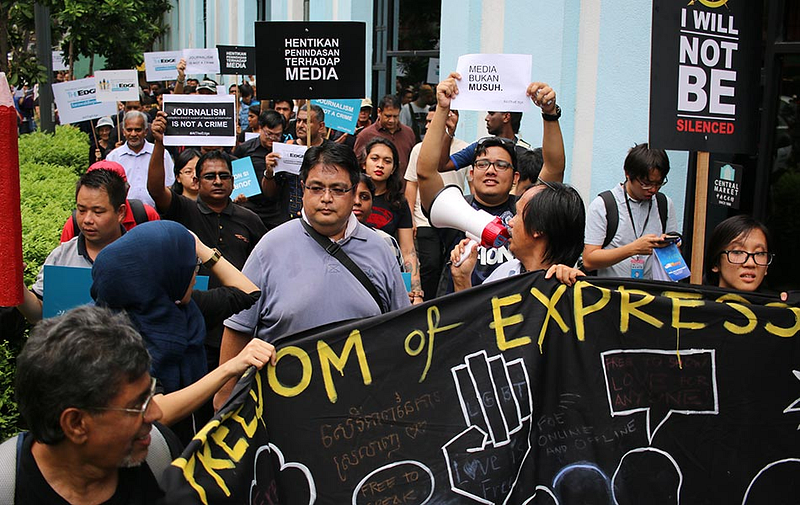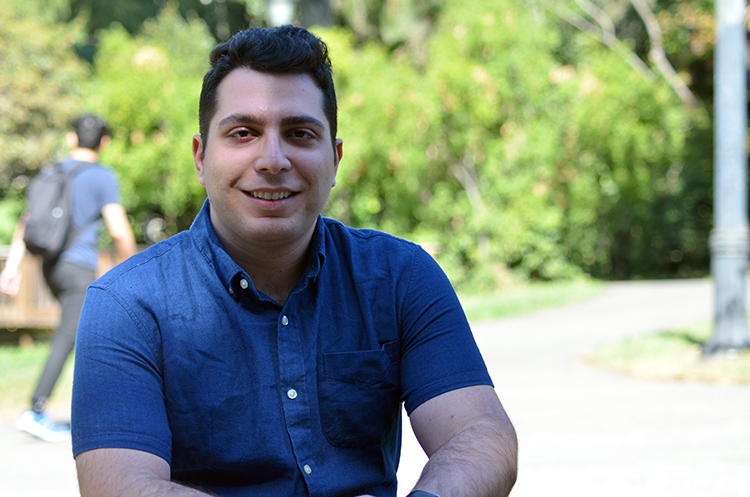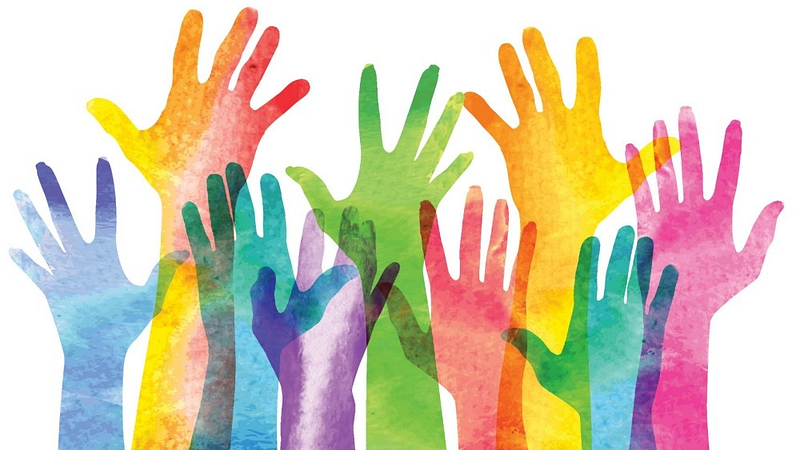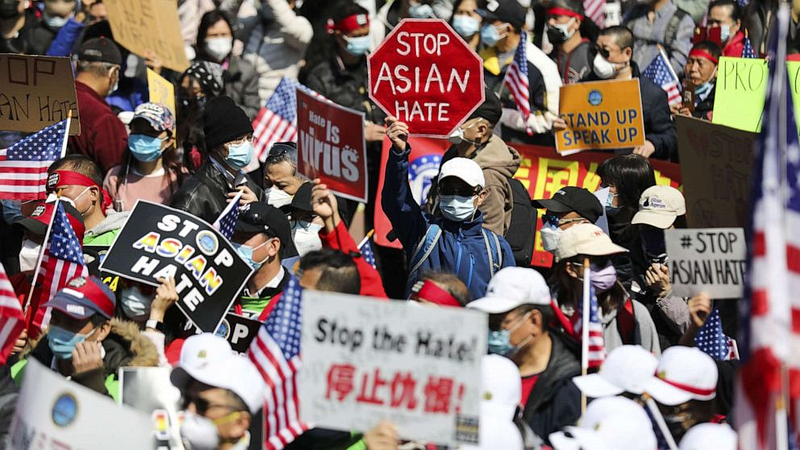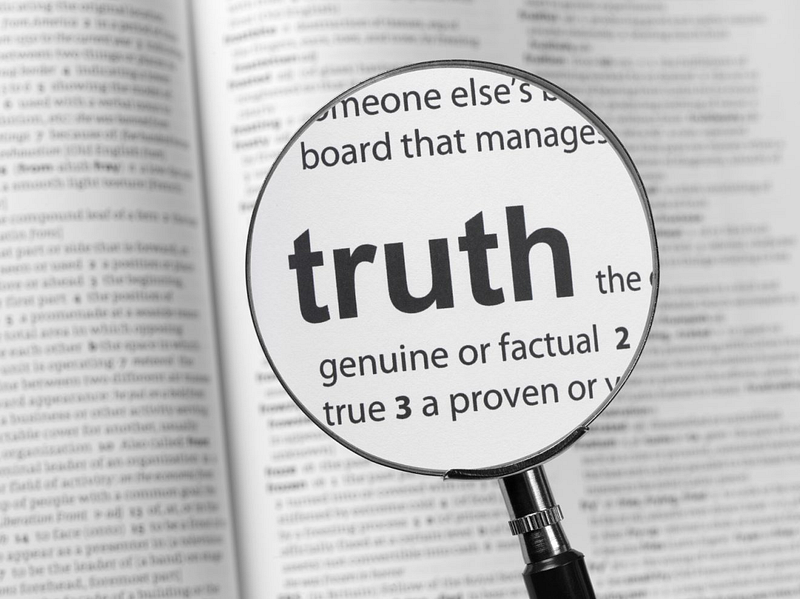Your Voice Matters, but to What Extent?: A Discussion on Freedom of Speech
What is freedom of speech and expression?
What is freedom of speech and expression?
It is 2023 and this ideology is one of the most rampant and talked about, but what is its meaning and what does it entail?
Freedom of speech and expression refers to how freely individuals or groups of individuals can express their views or beliefs about certain topics without government censorship.
It is said that freedom of expression is a foundational right; that is, it is imperative for the overall enjoyment and possibility of all human rights. Freedom of expression is actually upheld by article 19 of the Universal Declaration of Human Rights and article 19 of the International Covenant on Civil and Political Rights.
Article 19 of the Universal Declaration of Human Rights is as follows:
“ Everyone has the right to freedom of opinion and expression; this right includes freedom to hold opinions without interference and to seek, receive and impart information and ideas through any media and regardless of frontier.”
What would life be without freedom of expression?
A good way to appreciate the notion of freedom of expression is to theorise existence without it. It would seem that since democracy promotes this human right, a complete dichotomy of freedom would come in the form of monarchy, oligarchy or tyranny. The latter is a type of government that can be ‘cruel and dehumanising’ to those on the oppressed end since it is reflective of how a dictatorship with clear abuse of power reigns. Monarchies do not function according to the will of the masses, while in oligarchies, decisions are taken in smaller groups. Hence, not everyone’s opinion matters.
Here is what this all comes down to: you have a voice but you cannot really speak, or can you?
The human being is innately expressive. Being vocal makes a person happy, being heard and understood validates them. Freedom of expression and speech has a higher motive than simply letting people nonchalantly throw their opinions around. It is about unlocking true happiness and can help heal an individual.
Parham Pourdavood’s Narrative
An insight into the life of Parham Pourdavood, when he dwelled in Iran, enables us to have a glimpse on what it means to not be able to have a voice.
Parham used to live in Tehran in 2005. One day, while he was sat in class, he doodled on a piece of paper. His classmate who saw it apparently went off, saying that if somebody saw his drawing, he could get killed for it.
What is it about that drawing that was specifically triggering? The drawing was actually a funny caricature of a photo he had seen. It was the face of Ayatollah Khomeini, the founder of the Islamic Republic of Iran. Drawing such cartoons of the government was seen as disrespectful to the government and was considered criminal.
Parham confesses that in that context,
‘you’re really afraid for your life.’
Now that he sought asylum in the US along with his family, he has no intentions of going back to Iran. He also narrates that during his stay there, he had heard about ‘government oppression’ when a girl was protesting in the 2009 re-election of Mahmoud Ahmadinejad and was executed for that. It would seem that freedom of expression has a price.
However, it is true to some extent, Parham’s opinion can attract controversy. He now opinionates that if hate speech is not allowed, free speech will be gone too. While indeed a philosophical reflection, to what extent can we adopt this kind of morale?
Advantages of freedom of speech and expression
The right to free expression is critical for a few factors that build our democracy into a solid foundation.
It battles for the truth
The public being able to be completely transparent while conveying their wishes to how they want the society to be is a clear sign that freedom of expression is being rightfully upheld. The masses should be able to have a say in the functioning of their government since after all, each of them belongs to society as a whole. Even when it comes down to one singular person, their voice should echo. This World needs individualism for proper growth. The public should feel empowered enough to call out any discrimination, bias or whichever conundrum that the society struggles with.
Active participation of the public
If we really want to prioritise mental health, we need to start listening to our people, rather than decide that their voices do not matter if they are not in big leadership roles. Everyone should have the liberty of standing up and pointing out what is wrong in the society or in the economy.
This also leads to things being able to be fixed. How can we fix things if we cannot complain about them? That is one point to consider when giving the freedom to journalists to criticise openly. Active participation of the public and giving them the space and the platform to do so creates a sense of unity that glues the society together. Breaking the society would inherently break the economy and survival would be challenging.
Necessary for change and innovation
For a change to happen, a voice is needed. A citizen should be able to stand up and ask for it. Changes are scary but more than often, they are brought about because of necessity and facility. Both changes and innovations aid in creating the future that we would be most comfortable in. Ergo, freedom of speech has a major role in that factor.
Disadvantages of freedom of speech and expression
Allow me to let you in on something, the right to free speech or expression can be hostile at times.
It can spread false information
With the internet made available to people nowadays along with globalisation, false information is easily spread. People have less time to fact check and to dissect the many forms of media that is consumed everyday. This can prove to be a problem of grave severity when it comes to health related issues.
For example, it is not research-supported that vaccinations can increase the probability of autism in children, yet the internet circulates this kind of reasoning. As the website ‘ConnectUS’ stipulates, in the year 2019, more than 60 people in Washington and Oregon got the measles, with most of the people being children who received no vaccination. It is disheartening to see the outcome of freedom of speech in this context.
It can be the factor behind hate crimes
Unfortunately, some people abuse their right to liberty of speech by being downright racist or sexist to their peers. Having the right to say things, should not entail being allowed to say all sorts of derogatory words. If freedom of speech was advocated for the betterment of the society, the tables were too easily reversed on this one. You are free yes; but you also become hateful. Such hate speech eventually would trigger hate crimes. What’s a society if all it cares about is bringing people down for being part of a different gender or ethnic culture?
The truth about the ‘brutal truth’
While voicing out opinions is vital, what if it hurts someone else in the process? Is their happiness found in the pain of others ? Have we come to a point whereby our rights means sacrificing others and being happy that we hurt them?
I’ve often heard about people idealising ‘the brutal truth’ where they want the truth at all costs. But sometimes, your truth doesn’t enlighten anybody. Your truth doesn’t direct them in the right way. Your truth can only add to their trauma. Building mindfulness about what to speak and to whom to speak is undeniably wise. Knowing what will trigger a person and holding your tongue is a microcosmic effort that reverberates in the macrocosm. Freedom of speech is not a tool to promote further oppression and abuse, it is a tool to use wisely, to make sure that it’s being utilised to full efficacy. Handle words with care. Truth should not always be accompanied with brutality.
[Written by: Sahaduth Kawthar. Edited by: Teoh Jin]


